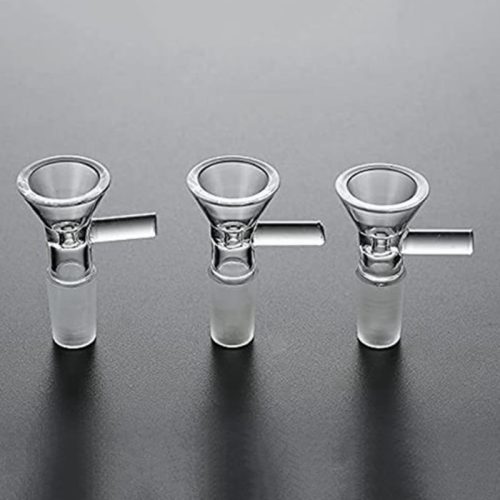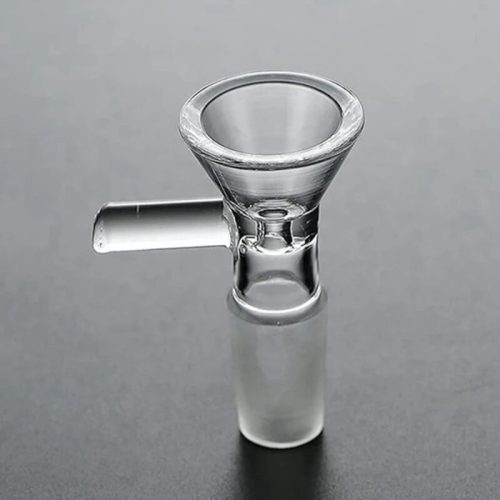Selecting the appropriate laboratory glassware is a crucial decision for any researcher or scientist. The right choice can significantly impact the quality and reliability of your experiments. Among the various options available, borosilicate glassware is a popular choice due to its unique properties. This comprehensive guide will help you navigate the world of borosilicate glassware, ensuring you make the best choices for your lab.
1. Understand the Basics of Borosilicate Glass
Before diving into the selection process, it’s essential to understand what borosilicate glass is and why it’s favored in laboratories. Borosilicate glass is a type of glass that contains significant amounts of boron trioxide, which imparts exceptional chemical and thermal resistance. This glass type is known for its resistance to temperature fluctuations and corrosive chemicals, making it ideal for a wide range of scientific applications.
2. Types of Borosilicate Glassware
Borosilicate glassware comes in various forms to suit different purposes. Here are some common types:
- Beakers: Beakers are versatile containers used for mixing, heating, and storing liquids. They come in various sizes and are a laboratory staple.
- Flasks: Erlenmeyer flasks, round-bottom flasks, and volumetric flasks are used for reactions, culturing, and precise measurements, respectively.
- Test Tubes: These are small, cylindrical tubes used for conducting small-scale experiments and tests.
- Pipettes and Burettes: These are used for accurate liquid dispensing and measurements.
- Petri Dishes: Petri dishes are used for culturing microorganisms and observing their growth.
- Desiccators: Desiccators are used for drying and storing moisture-sensitive substances.
3. Consider Your Research Needs
When choosing borosilicate glassware, consider the specific requirements of your research. The type of experiments you conduct, the chemicals involved, and the desired precision all influence your choice. For example, if you require high precision in measurements, you might opt for volumetric flasks or pipettes. If you’re working with corrosive substances, it’s essential to select glassware with high chemical resistance.
4. Quality Matters
Not all borosilicate glassware is created equal. To ensure the highest quality, look for glassware from reputable manufacturers known for their precision and durability. Quality glassware is less likely to crack, break, or leach impurities into your experiments.
5. Maintenance and Care
Proper maintenance and care are crucial to extending the lifespan of your borosilicate glassware. Always follow the manufacturer’s recommendations for cleaning, sterilizing, and storing the glassware. Avoid sudden temperature changes, as extreme thermal stress can lead to breakage.
6. Budget Considerations
While quality should be a priority, it’s also important to consider your budget. Balancing cost with quality is a critical aspect of choosing the right glassware for your lab. Look for reputable suppliers that offer competitive pricing without compromising quality.
In conclusion, choosing the right borosilicate glassware for your lab requires careful consideration of your research needs, the type of glassware, quality, and budget constraints. By following this comprehensive guide, you’ll be well-prepared to make informed decisions and ensure the success and reliability of your experiments. Borosilicate glassware, with its durability and precision, is an invaluable tool in scientific research, and selecting the right pieces is the first step to achieving your research goals.


